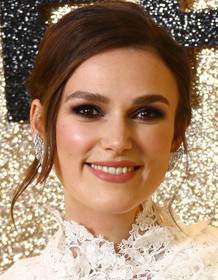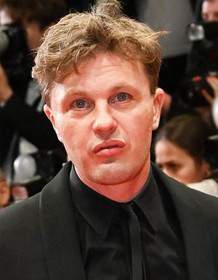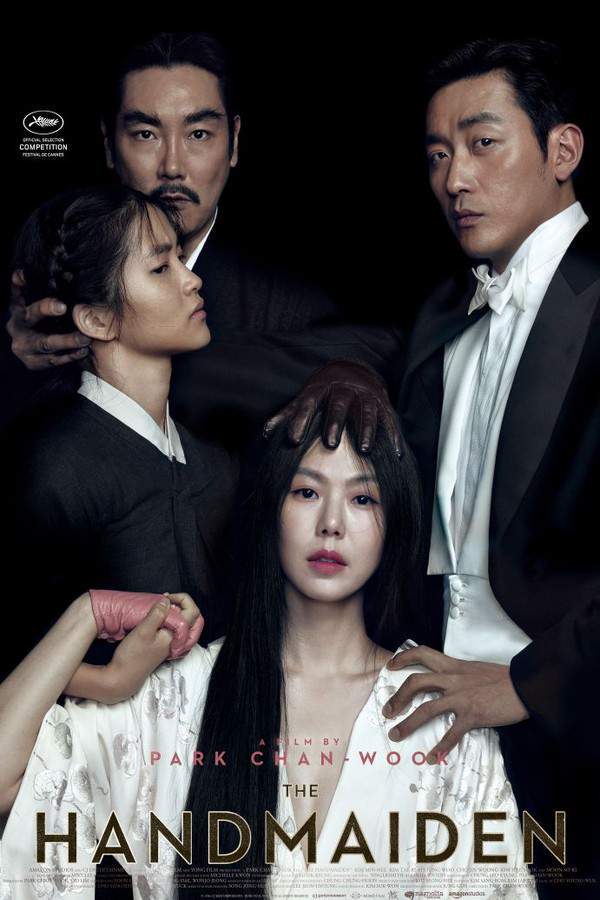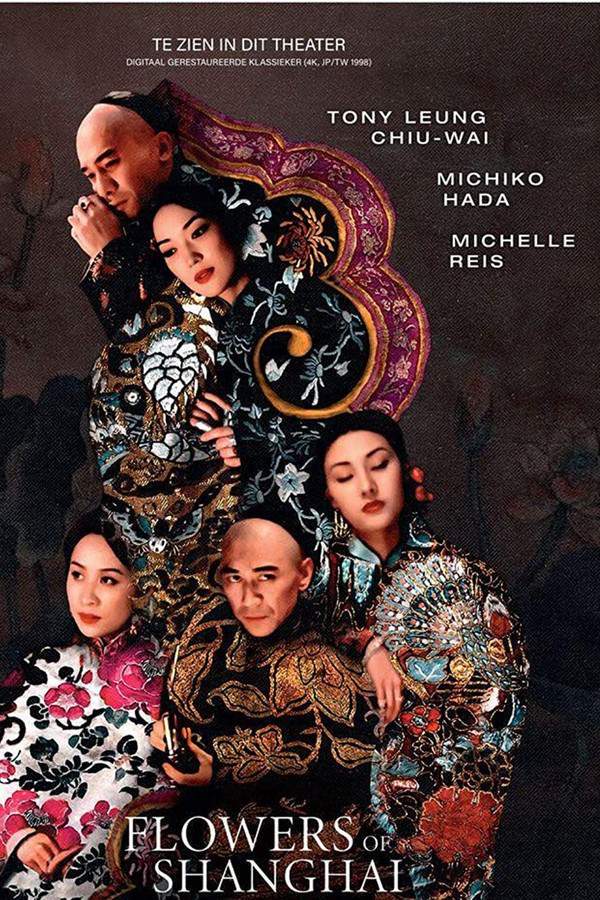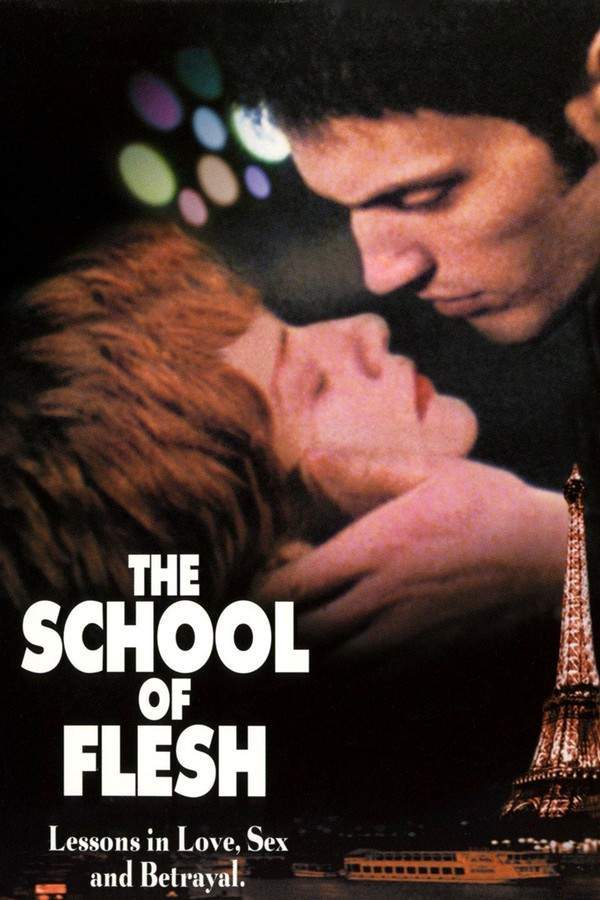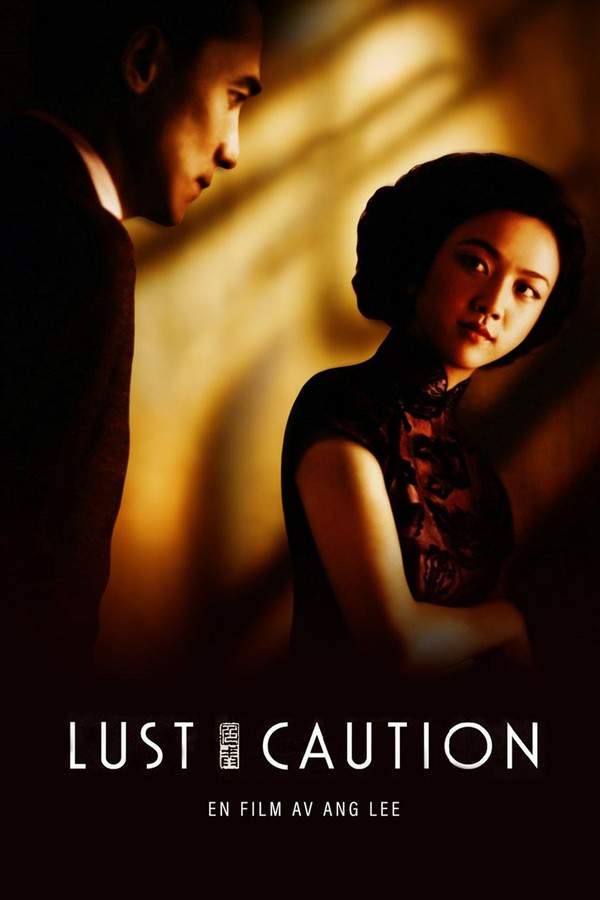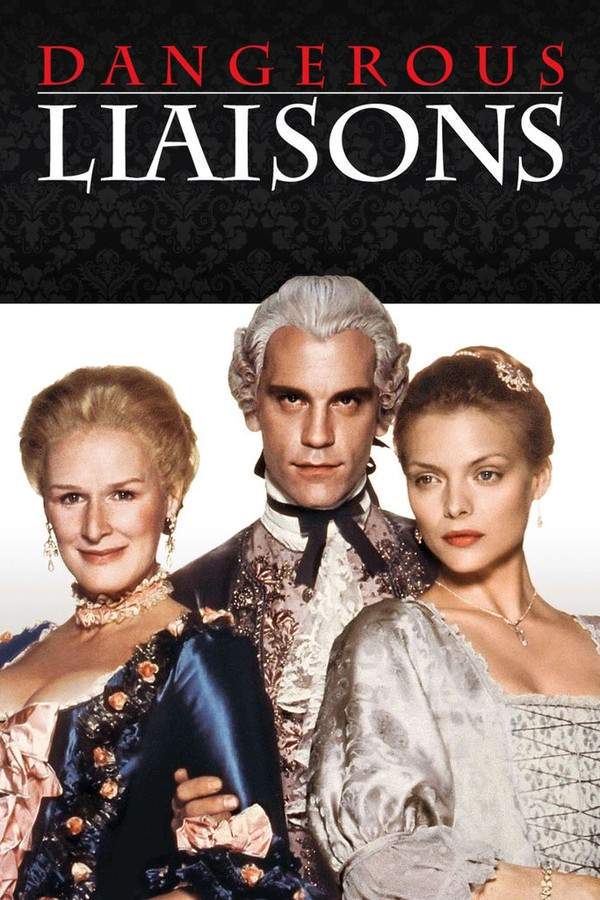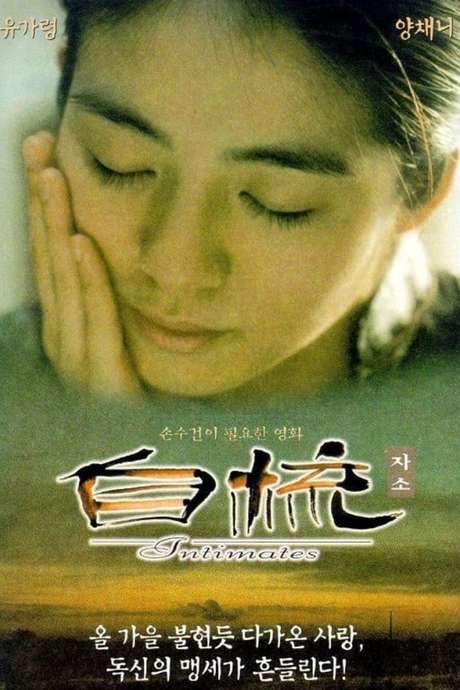Silk 2007
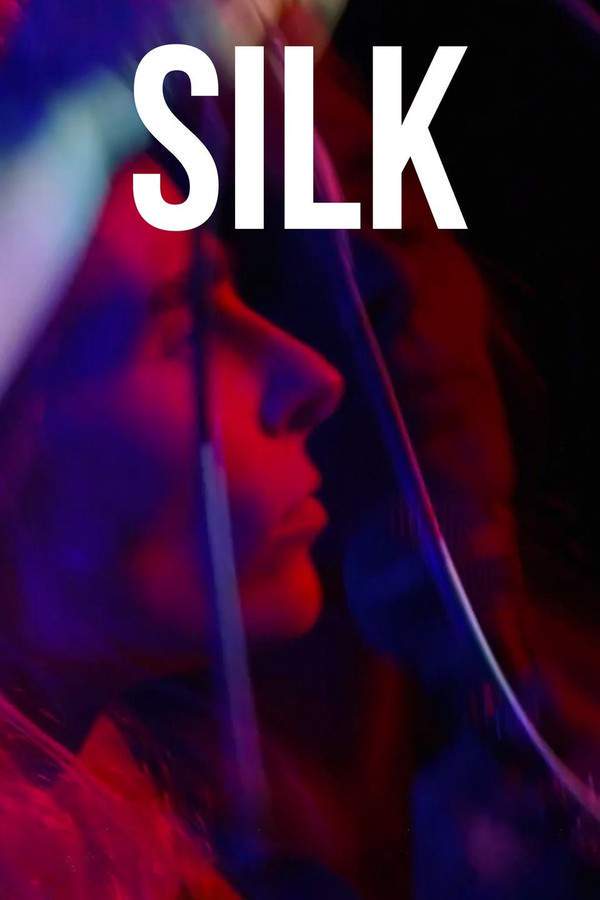
Set in 19th-century Japan, this romantic drama follows a French officer on a mission to obtain silkworm eggs. His quest unexpectedly leads him to become captivated by a mysterious concubine. As he pursues his objective, he finds himself entangled in a complex web of forbidden love and cultural differences, facing perilous challenges and experiencing a journey filled with beauty, passion, and ultimately, heartbreak.
Does Silk have end credit scenes?
No!
Silk does not have end credit scenes. You can leave when the credits roll.
Meet the Full Cast and Actors of Silk
Explore the complete cast of Silk, including both lead and supporting actors. Learn who plays each character, discover their past roles and achievements, and find out what makes this ensemble cast stand out in the world of film and television.
External Links and Streaming Options
Discover where to watch Silk online, including streaming platforms, rental options, and official sources. Compare reviews, ratings, and in-depth movie information across sites like IMDb, TMDb, Wikipedia or Rotten Tomatoes.
Ratings and Reviews for Silk
See how Silk is rated across major platforms like IMDb, Metacritic, and TMDb. Compare audience scores and critic reviews to understand where Silk stands among top-rated movies in its genre.

39
Metascore
6.0
User Score

5.8 /10
IMDb Rating

58
%
User Score
Take the Ultimate Silk Movie Quiz
Challenge your knowledge of Silk with this fun and interactive movie quiz. Test yourself on key plot points, iconic characters, hidden details, and memorable moments to see how well you really know the film.
Silk: A Journey of Love and Loss Quiz: Test your knowledge on the intricate tale of love, adventure, and the silk trade in 'Silk' (2007).
Who plays the role of Hervé Joncour in the film?
Michael Pitt
Alfred Molina
Keira Knightley
Koji Yakusho
Show hint
Full Plot Summary and Ending Explained for Silk
Read the complete plot summary of Silk, including all major events, twists, and the full ending explained in detail. Explore key characters, themes, hidden meanings, and everything you need to understand the story from beginning to end.
The film begins with Hervé Joncour (Michael Pitt) reflecting on a mysterious Asian woman as she bathes in a hot spring. However, his true story unfolds earlier in the 19th century when he returns to his hometown in France during his army leave. There, he meets Hélène (Keira Knightley), a passionate teacher who dreams of a beautiful garden, while Hervé’s heart longs to marry her. Their relationship blossoms into a passionate affair, bringing both joy and complexity to their lives.
The narrative then introduces Baldabiou (Alfred Molina), a local entrepreneur who runs three silk mills that are vital to the town’s economy. As a silkworm disease threatens the industry, he sees potential in Hervé—a bright and ambitious young man. Baldabiou persuades Hervé’s father, the mayor (Kenneth Welsh), to release Hervé from military service, allowing him to pursue his love for Hélène and embark on a dangerous mission to save the silk trade. In 1862, Hervé travels to Egypt seeking silkworm eggs, his journey stretching over two months.
With the African silkworms also afflicted, Baldabiou then sends Hervé on a perilous expedition to Japan, a land forbidding to foreigners. The journey is treacherous, filled with months of travel across Europe and Asia, journeying by horse, train, and caravan. Upon arriving in Japan, Hervé is blindfolded and led to a secluded village where he meets Hara Jubei (Koji Yakusho), a local baron who could provide the essential silkworm eggs. However, amidst this mission, Hervé finds himself captivated by Jubei’s unnamed concubine, often referred to simply as the Girl (Sei Ashina).
After successfully acquiring the silkworm eggs, Hervé returns a wealthy man and utilizes his newfound riches to create a splendid home and garden for Hélène. His second journey back to Japan intertwines passion and risk when the Girl gifts him a note in Japanese before he has an intimate encounter with another woman. However, his hopes to reconnect with the Girl keep him in Japan longer than intended.
As tensions escalate with Schuyler (Callum Keith Rennie), a gun-trading Dutch merchant who warns Hervé of Jubei’s intentions, Hervé ultimately returns home, grappling with his emotions and the changes his experiences have wrought. Back in France, he seeks the help of Madame Blanche (Miki Nakatani), a brothel owner who translates the Girl’s note for him, filled with longing: “Come back or I shall die.” Despite returning to Hélène, he remains a haunted man, aware that she senses the transformation within him.
Baldabiou proposes sending Hervé to China, where conditions are safer, but Hervé insists on returning to Japan. Unfortunately, upon arrival, he finds the village deserted due to the breakout of war. As he attempts to fulfill his mission, he faces hostility from Jubei, leading to disastrous consequences. The town’s economy crumbles due to the failure of the eggs Hervé brings back, yet he invests in expanding Hélène’s garden, attempting to mend the damage caused.
Months later, a heartfelt letter from the Girl arrives, once again translated by Madame Blanche, who warns Hervé not to visit her again. The letter expresses her poignant love and desire for his happiness, hinting at their unfulfilled connection. After the formalization of silkworm egg export from Japan and the opening of the Suez Canal, Hervé’s journeys to Japan cease.
Tragically, Hélène falls ill and passes away in 1875, leaving Hervé to mourn her loss. Upon visiting her grave, he discovers a tribute of small blue flowers, which leads him to seek out Madame Blanche again. It is here he learns that it was Hélène who penned the love letter, acknowledging Hervé’s affection for the Japanese woman and wishing for his happiness above all. This revelation opens Hervé’s eyes to the truth that Hélène was in fact his one true love.
The film concludes with Hervé narrating his tale to Ludovic (Mark Rendall), the son of a friend and the gardener to Hélène’s beloved garden. Through this act of sharing, Hervé imparts the essence of love and sacrifice intertwined with the legacy of the garden he and Hélène nurtured together.
Uncover the Details: Timeline, Characters, Themes, and Beyond!

Coming soon on iOS and Android
The Plot Explained Mobile App
From blockbusters to hidden gems — dive into movie stories anytime, anywhere. Save your favorites, discover plots faster, and never miss a twist again.
Sign up to be the first to know when we launch. Your email stays private — always.
Watch Trailers, Clips & Behind-the-Scenes for Silk
Watch official trailers, exclusive clips, cast interviews, and behind-the-scenes footage from Silk. Dive deeper into the making of the film, its standout moments, and key production insights.
Silk Themes and Keywords
Discover the central themes, ideas, and keywords that define the movie’s story, tone, and message. Analyze the film’s deeper meanings, genre influences, and recurring concepts.
Silk Other Names and Titles
Explore the various alternative titles, translations, and other names used for Silk across different regions and languages. Understand how the film is marketed and recognized worldwide.
Similar Movies To Silk You Should Know About
Browse a curated list of movies similar in genre, tone, characters, or story structure. Discover new titles like the one you're watching, perfect for fans of related plots, vibes, or cinematic styles.
Quick Links: Summary, Cast, Ratings, More

What's After the Movie?
Not sure whether to stay after the credits? Find out!
Explore Our Movie Platform
New Movie Releases (2026)
Famous Movie Actors
Top Film Production Studios
Movie Plot Summaries & Endings
Major Movie Awards & Winners
Best Concert Films & Music Documentaries
Movie Collections and Curated Lists
© 2026 What's After the Movie. All rights reserved.




